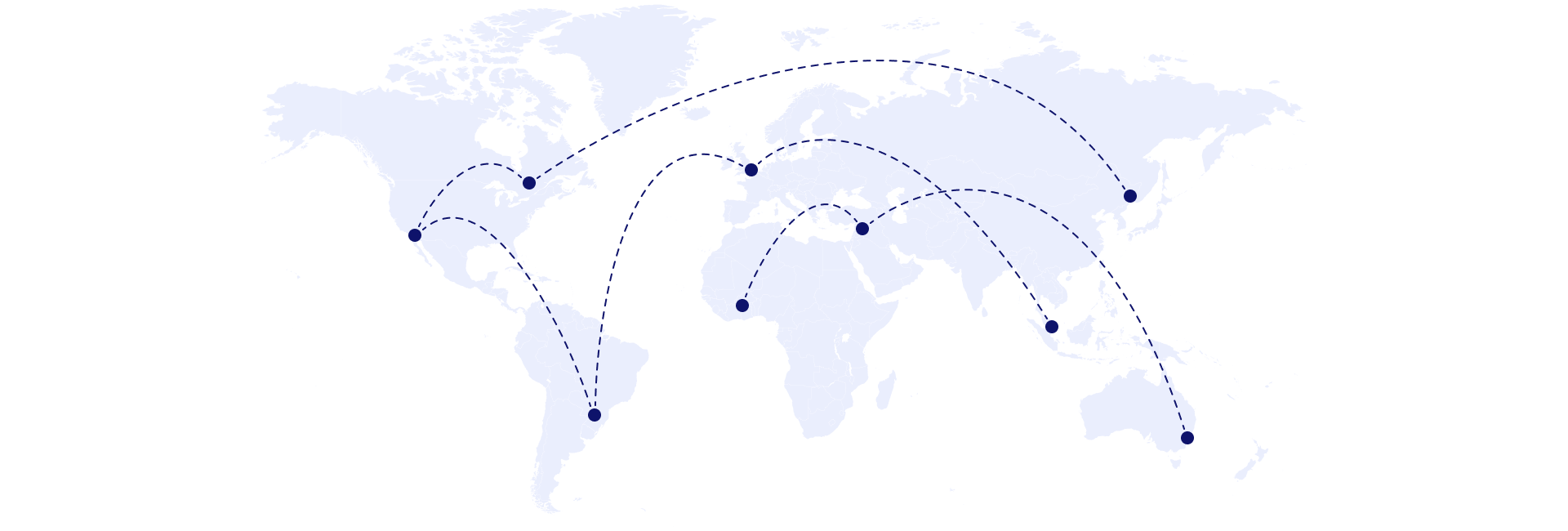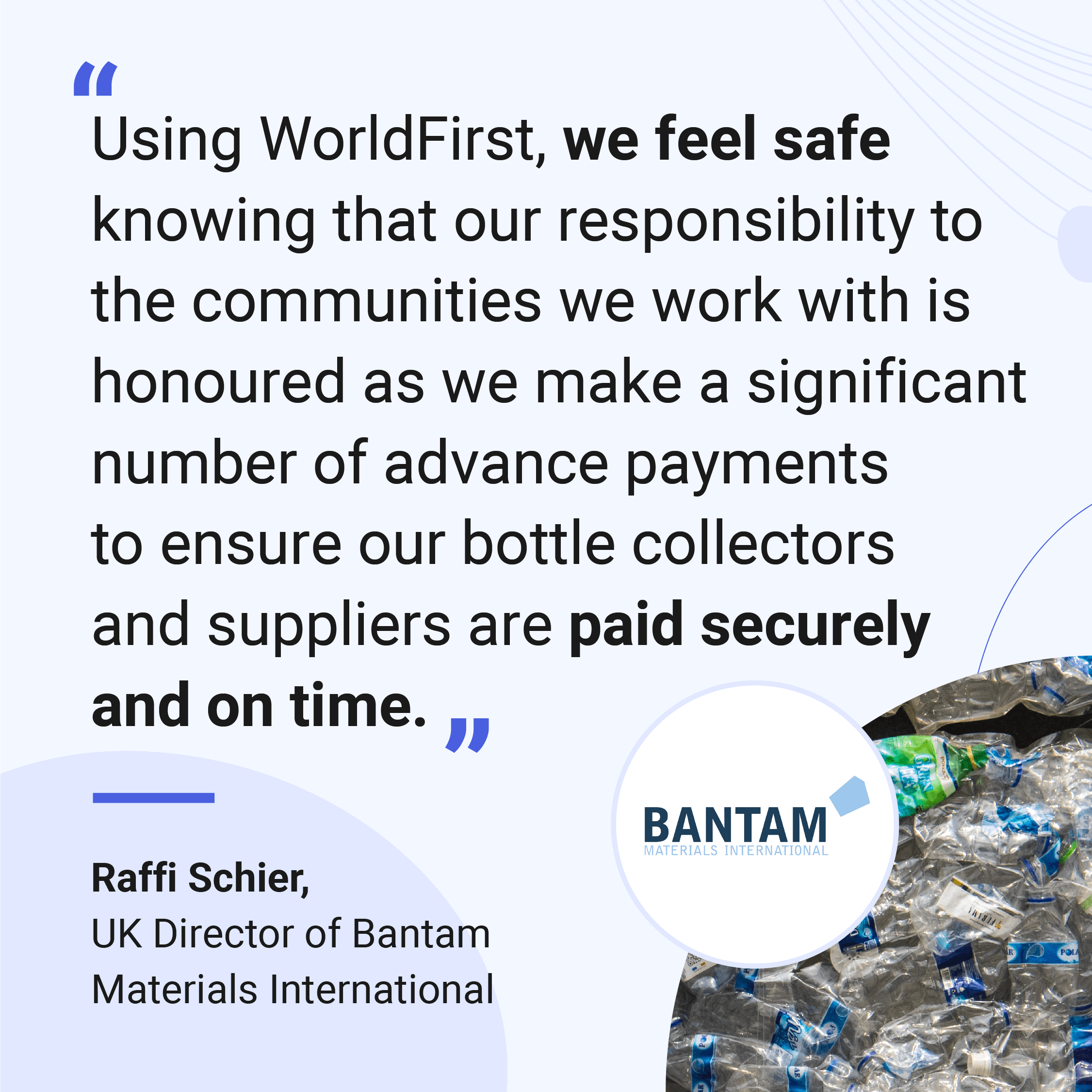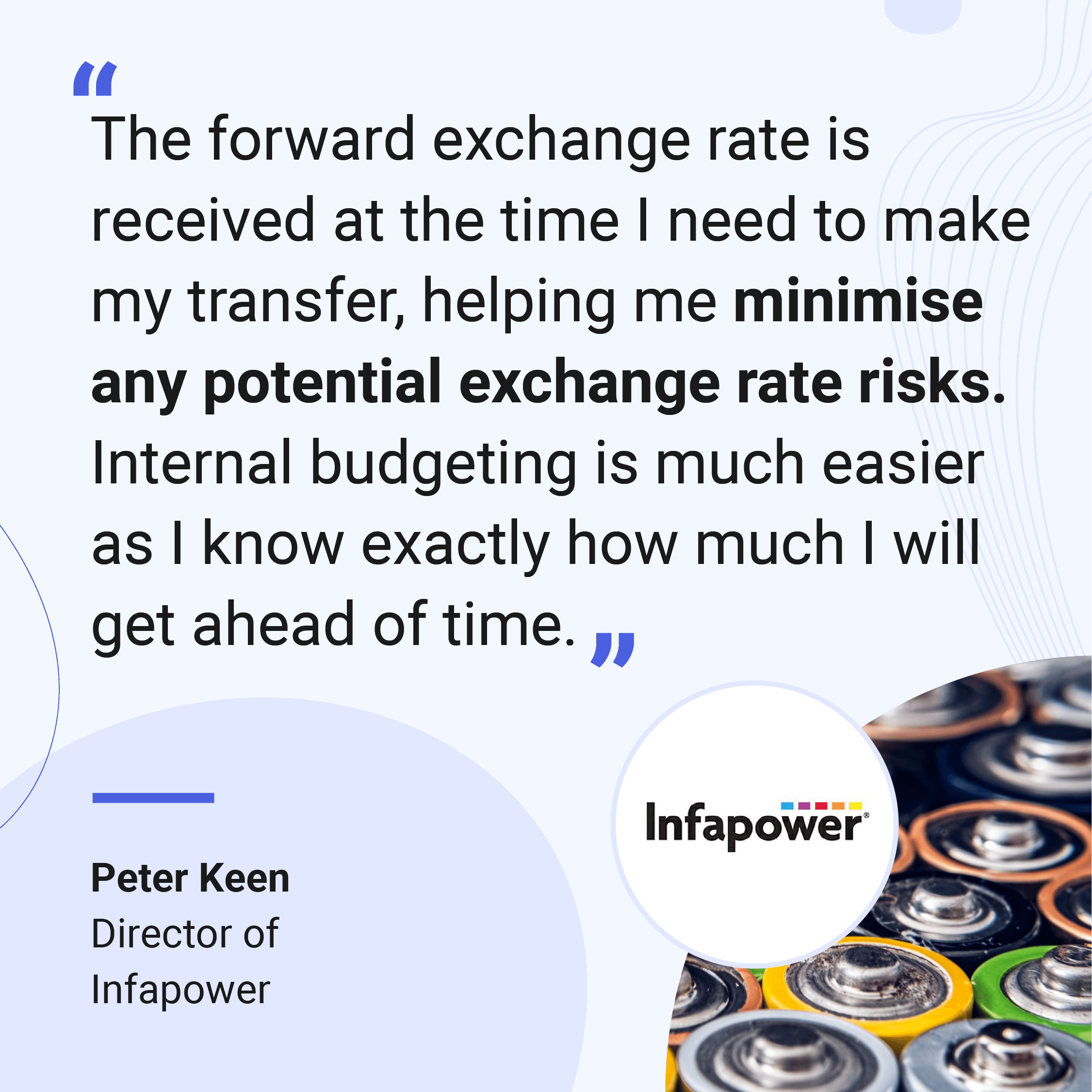
What is a freight forwarder?
A freight forwarder acts on behalf of importers and exporters to move goods through the supply chain. They engage shipping companies to transport goods from producers to manufacturers and on to the final market or customer. The transportation of goods can involve long or complex routes across land and sea. Freight forwarding companies offer a range of services to help importers and exporters get their goods across international borders safely and efficiently. They can advise on the best routes for international shipping and arrange transport details for rail, road, sea or air freight so that goods arrive on time.
What does a freight forwarder do?
A freight forwarder organises shipping for domestic and international trade. They arrange the logistics for how goods will be moved and stored during transit and work closely with the importers and exporters to make sure all customs clearance and other documentation is in place. While a freight forwarder doesn’t physically move the goods, they’re an efficient and cost-effective way to get products to market, especially for those exporting large volumes. Freight forwarders act as an intermediary between businesses and shipping companies and can use their network of trusted freight services to get good deals on freight charges. Freight forwarding companies are experts in the transportation of goods so individual businesses don’t have to be. They save importers and exporters the hours it would take to organise all the necessary documents, fees and insurance themselves. Companies can also benefit from freight forwarders’ specialist knowledge of different countries’ rules and regulations on imports and exports.
Who is the largest freight forwarder in the world?
By comparing a number of top global freight forwarder lists*, there’s a general consensus that DHL Global Forwarding is the largest freight forwarder in the world. It’s one of the most well-known shipping companies globally and combines freight shipping, supply chain management and shipment tracking. Companies often named alongside DHL Global Forwarding as leaders in international shipping include:
- Kuehne + Nagel
- DB Schenker
- Panalpina
- Expeditors
- Sinotrans
How to become a freight forwarder
Becoming a freight forwarder means entering a complex world of international logistics so you’ll need specialist experience and knowledge. As freight forwarders are intermediaries between importers and exporters and shipping companies, you’ll need to build up a network of customers and trusted suppliers.
Pay like a local
- Pay suppliers, partners and staff in 90+ currencies
- Make up to 200 payments at a time in a single transaction to save time and money
- Open up to 15 local currency accounts, with local sort codes, account numbers and IBANs
- Lock in conversion rates to manage your currency risk
How to become a freight forwarder
Becoming a freight forwarder means entering a complex world of international logistics so you’ll need specialist experience and knowledge. As freight forwarders are intermediaries between importers and exporters and shipping companies, you’ll need to build up a network of customers and trusted suppliers.
Expertise and training
The transportation of goods across international borders requires any prospective freight forwarder to have a good knowledge of international trade law, customs services and procedures and import duty. You’ll also need a solid understanding of shipping methods and insurance, as well as a good grasp of overseas markets and regulations. Due to the specialist knowledge and expertise needed for freight forwarding you might want to undertake some formal training. In some circumstances specific qualifications are required by law, such as if your freight forwarding business involves the transportation of hazardous materials or dangerous goods. Joining a professional body can provide networking opportunities and valuable industry advice to help you establish a British international freight forwarding business. Bodies like The British International Freight Association (BIFA) and The Chartered Institute of Logistics and Transport have courses, events and forums on a wide range of international shipping topics.
Scale and specialisms
Given the range of goods that can be shipped internationally and the variety of countries that need freight services, you should decide what you’ll focus on. Are you aiming for long-term contracts with large manufacturers to oversee regular shipments? Or are you planning on specialising in a particular type of export? Perhaps your focus will be on one sea freight route? Or the end of the supply chain so you can specialise in road freight and local deliveries? The scale of your ambitions will influence who your customers and competitors are. So it’s worth doing thorough research from the start to see where your international shipping niche might be.
Next steps
Are you a freight forwarder or a representative forwarding agent managing shipments for global operations? If so, our dedicated team are here to support you. We’ll provide you with options that could help you minimise currency risk, effectively plan your annual expenditure and better manage your FX exposure. Contact the team today and better manage your budget and spend.

Businesses like yours trust WorldFirst
- Almost 1,000,000 businesses have sent $150B around the world with WorldFirst and its partner brands since 2004
- Your money is safeguarded with leading financial institutions

What our customers say about our services





